When did you know you were different from other children? Is there a particular event that stands out?
There was never a single moment of awareness, but more of an ever-present sense of being different. Without an understanding of what made me different, I experienced an inner belief that there was a core part of what makes up an individual that was fundamentally missing from me. Growing up with two brothers who were also identified as gifted meant that I experienced these feelings much more intensely in school and other social settings than I did at home.
When did you understand that it was giftedness that made you different?
I was diagnosed as gifted in the public school system around the age of six or seven. I don’t believe this status surprised any of the adults in my life. My ability to grasp complex concepts with relative ease always stood out. I was “the smart one” amongst my peers and excelled at any intellectual challenge that piqued my interest. However, my understanding of giftedness as a child was limited to “smart”. I do not recall ever having been told anything about how giftedness is markedly different from the life experience of a neuro-typical individual. I was heading into my mid-thirties when I embarked on my own mission to figure out what was ‘wrong’ with me and learned that giftedness had many more implications than just fast learner. It was through this self-discovery that I first understood I was not fundamentally damaged or broken.
What are your primary areas of giftedness?
My strengths lie within the realm of numbers, patterns, systems and the relationship of the parts that make up the whole.
Did you ever try to downplay your giftedness? Why or why not?
I have always kept parts of me hidden to others. The knowledge that many people have no desire to understand things beyond their own experience does not lend itself to bringing the whole self into interactions with other people. I have found people are most comfortable when you say and do what is expected of you in a given situation. Additionally I have not met many in my life with a true understanding of giftedness. In my experience others often see this label as an identity of superiority, rather than simply different.
Did your parents understand that you were gifted? How did they support you?
My parents always knew I was gifted. Even at this stage of my life, it is difficult to differentiate between my own impossibly high standards for myself and how they may have been shaped by my parents or the educators in my life.
Was there a teacher or other adult who made your experience as a gifted girl more difficult?
I had a teacher in fifth grade who saw my differences as something to be fixed. During recess and after completing classwork, I could always be found in a book. Reading was the one thing in my life that allowed me to escape from the painful realities of adolescence and living in a world that did not understand me. I was forced into socialization scenarios that were awkward and uncomfortable at best. In an effort to help me “fit in”, this teacher forbid me to read in school. This reinforced my belief that something was wrong with me. I believe this experience had a most profound impact on seeing myself as less than and contributing to imposter syndrome.
What do you wish someone had told you when you were in elementary school? Middle school? High school?
I wish I had really known what it means to be gifted. I wish there had been more research and resources available in this field to help me navigate the implications of how every part of my being was impacted. I wish I had known earlier in life that there were others like me out there and that I was not alone.
What brings you the most joy as a gifted woman?
I get the most joy from being able to use my talents and abilities to make others’ lives easier or being able to ease their pain. I also get extreme joy from being able to spend time by myself. As a working wife and mother, time alone is a scarce commodity.
What brings you the most difficulty or pain as a gifted woman?
For me, the most difficult aspect of being a gifted woman has been the isolation and loneliness I have always felt. I am just beginning to locate others like me out in the world.
Do you or have you ever struggled with imposter syndrome? How do you effectively deal with it?
I regularly struggle with imposter syndrome. I am quick to doubt myself and my abilities, especially in unfamiliar situations or circumstances. There is always an inner-voice that says no matter how hard I try or well I perform, I will never be good enough. It’s the nagging thought that this endeavor will be the one where the world finally sees my failure and figures out my achievements have simply been good fortune up until now. As a professional in the workplace there is no room for this lack of confidence. I typically find myself faking it until I can distance myself far enough from these nagging doubts to remember some of the extraordinary things I have accomplished against all odds. (In typical imposter fashion, I am sure my accomplishments would only be extraordinary to me but viewed as mundane by others.)
Does your faith impact how you view your giftedness as a woman? How?
I belief my faith in God has been crucial to my survival. Even before my understanding of the impact of giftedness on my life, the knowledge that I was not a cosmic accident gone wrong, but a uniquely created being formed by a loving God has sustained me through many difficult periods.
What would you tell parents of gifted daughters?
I would tell parents of gifted daughters to allow them to embrace what makes them different. Give them access to resources to help them understand themselves. Do not burden them with your own expectations for their lives, for their own expectations will be difficult enough to live up to.
All the Posts In the Series
- Gifted/2e Women – A Series of Personal Stories
- Gifted, Depressed, and Embracing Individuality – Julia’s Story
- Giftedness, Loneliness, and Faith – Christy’s Story
- Gifted, Different, and Imposter Syndrome – Vanessa’s Story
- Gifted/2e, Stealth Dyslexia, and a Mother’s Support – Nicole’s Story
- Discovering Giftedness as an Adult – Mary’s Story
- Embracing Multipotentiality as a Gifted Adult – Heather’s Story

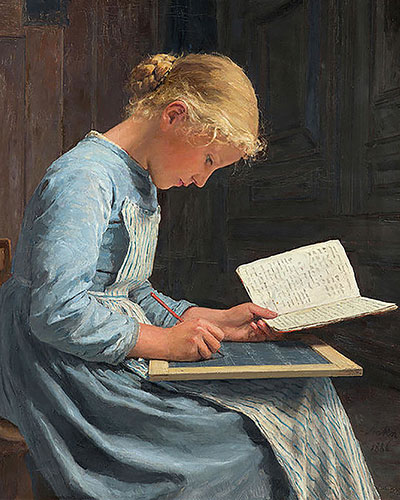
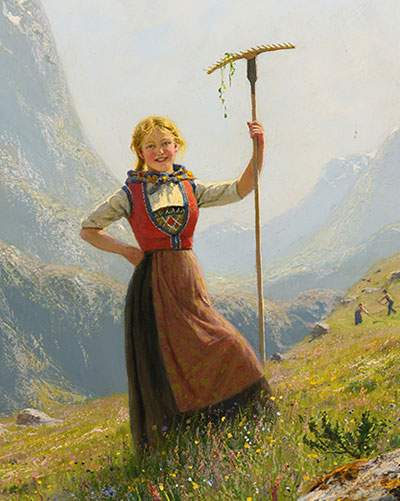
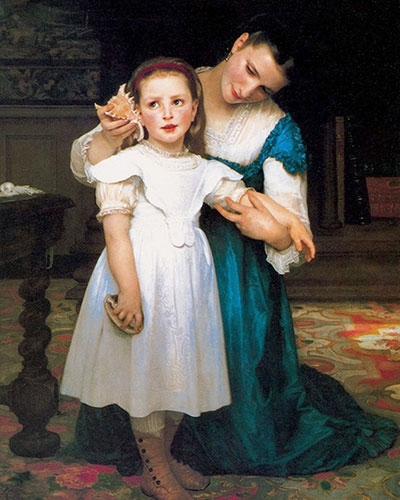
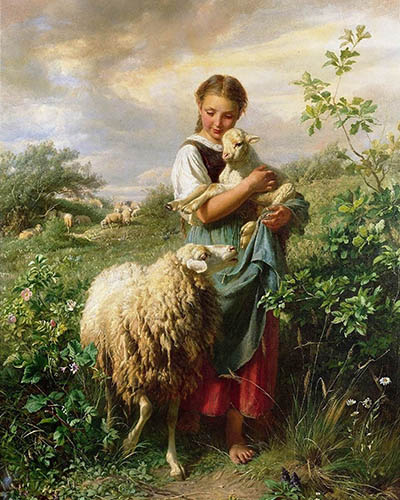
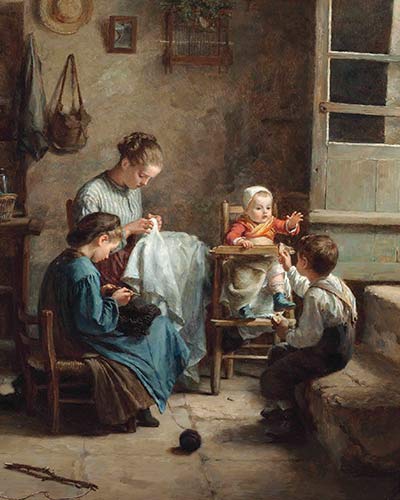
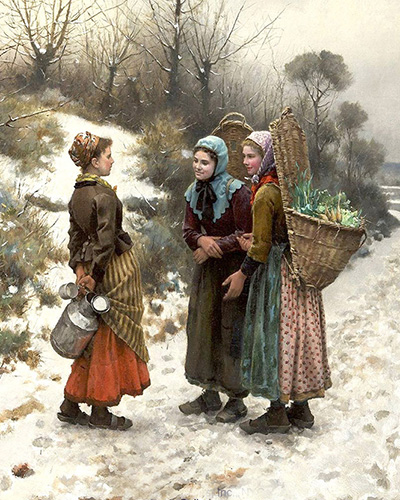
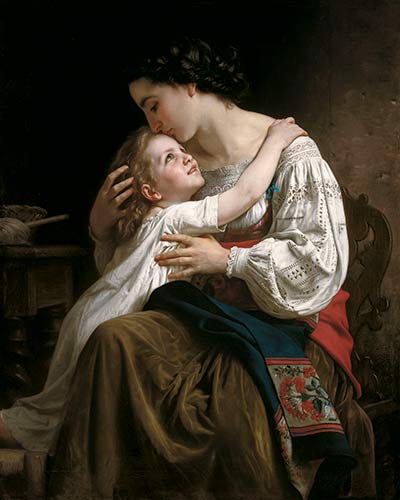
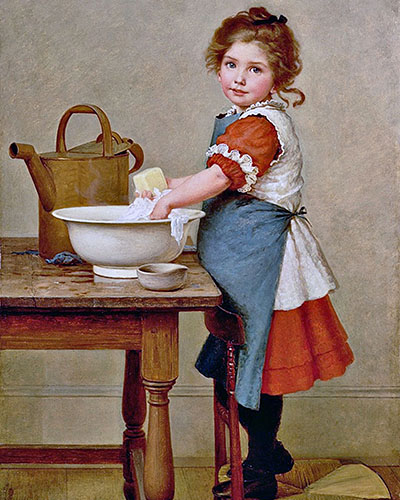

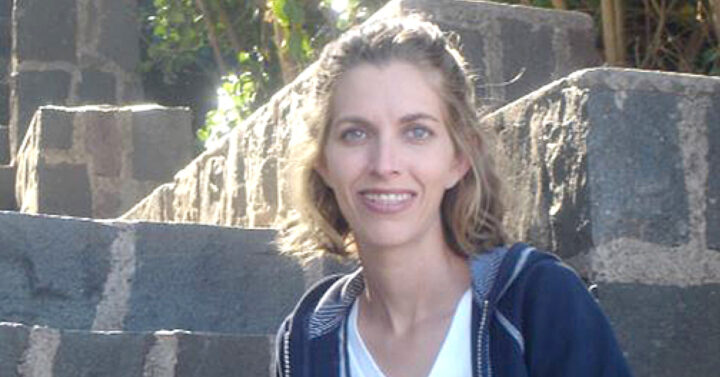




 Gifted/2e Women – A Series of Personal Stories
Gifted/2e Women – A Series of Personal Stories
Vanessa’s story rings true for so many of us. We not only felt different, but also helpless at a time when we most needed someone to tell us that we were okay. I ache for the millions who never discover their own individual gifts and who mistake their way of thinking as wrong or inept in some way. Thanks so much, Sallie for profiling so many strong and intelligent ladies. I only hope someone with a daughter is reading this to save her own child…or herself.